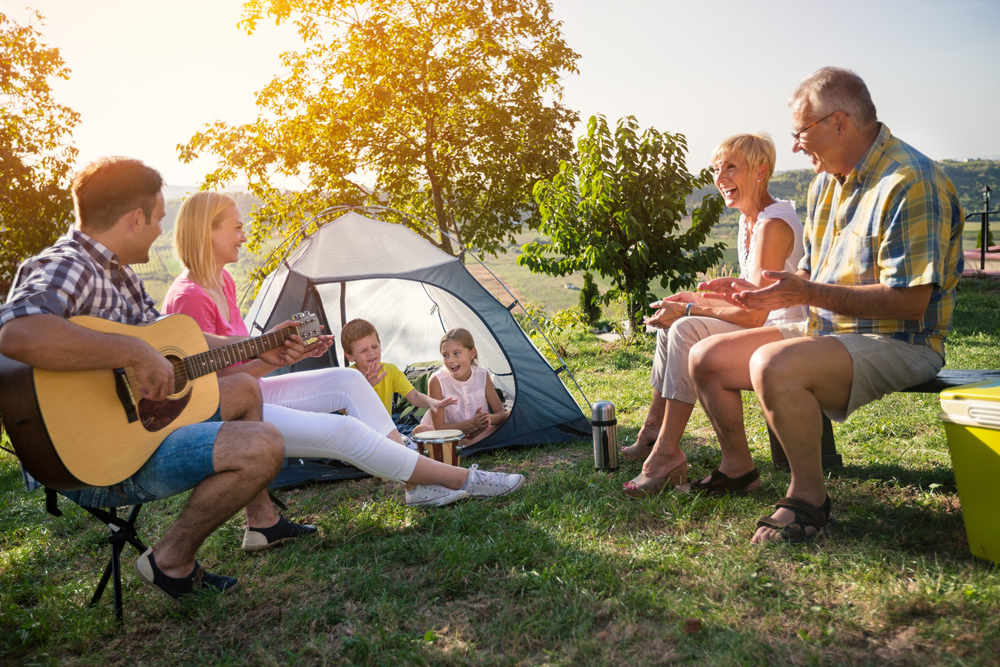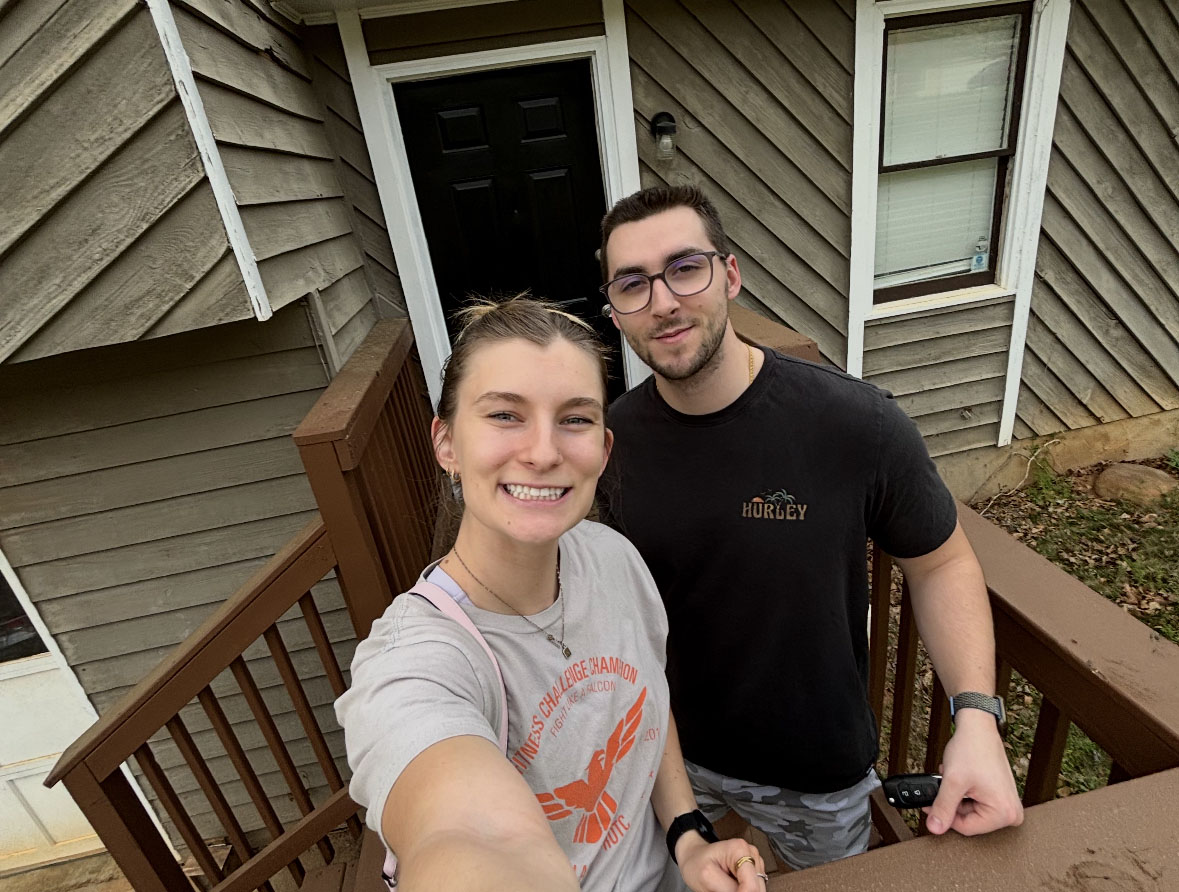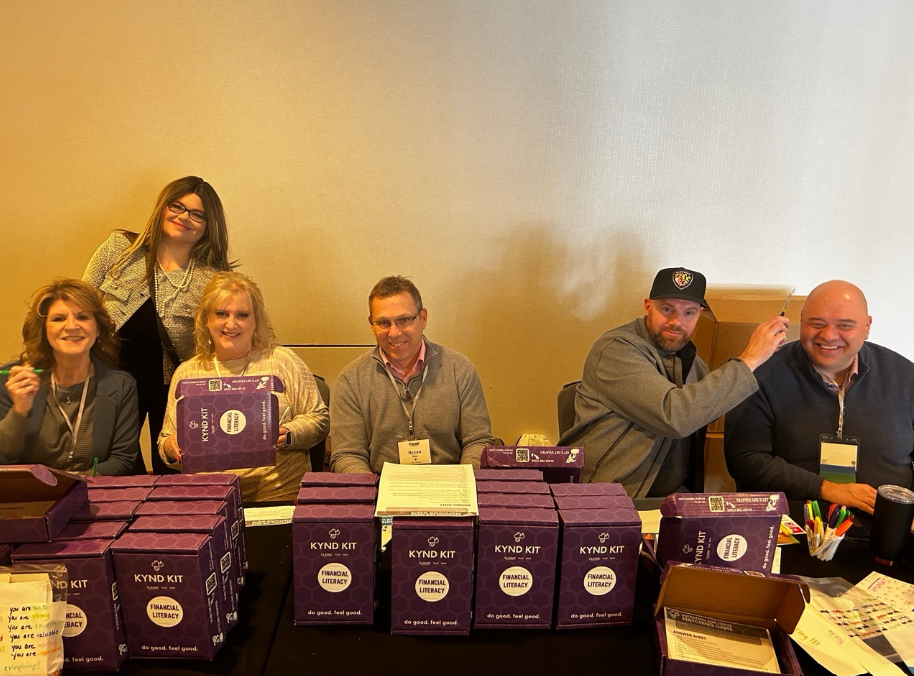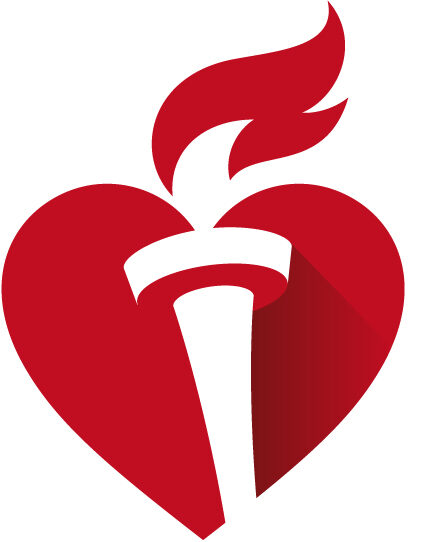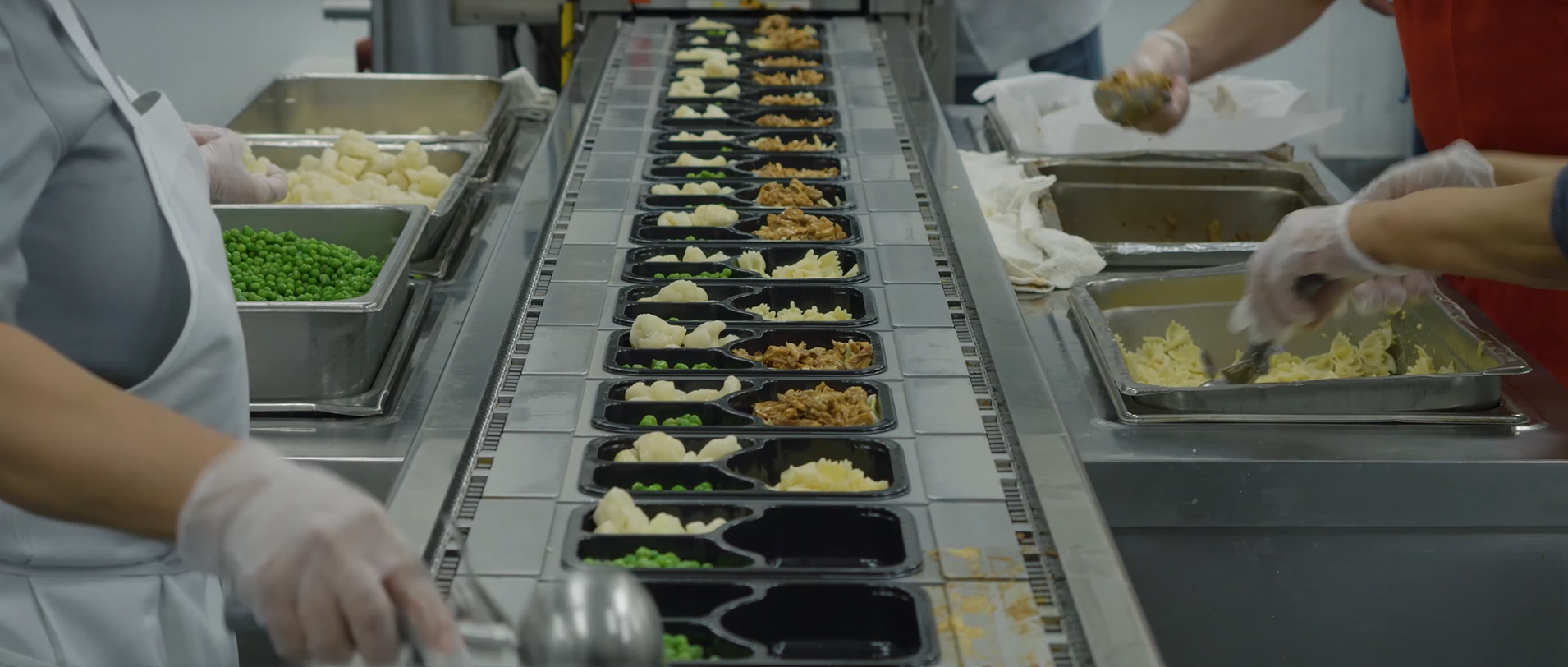Camping can provide an escape from everyday modern life. Adults and children can enjoy the benefits of the great outdoors, including stress reduction, a chance to get some fresh air, the ability to connect with nature, and the possibility of new skill development.
Camping offers something for everyone, and there are a lot of different ways that you can camp. Before setting out on your camping trip, here are the latest tips and tricks for camping to help you make the most of your experience.
“Roughing It” Vs. Comfortable Camping
Camping is not a one size fits all term, and there are many ways to camp. Some people prefer “roughing it” opposed to comfortable camping—also referred to as “glamping.”
Rough camping generally involves little to no extra amenities. There may not be any Wi-Fi or electronic devices. Depending on where you camp, you may not even have a cellular signal or access to outhouses or bathrooms. Campers typically sleep in sleeping bags, a tent, or a combination of the two, and meals are usually prepared over an open fire.
Comfortable camping still involves the great outdoors, but with more amenities. This may include camping in an RV, popup trailer, cabin, or more extravagant “tent.” These campsites may include Wi-Fi, cable, or other amenities. Meals may be prepared over a stovetop or in an oven if camping in a popup trailer, RV, or cabin. Bathrooms are generally on-site or a close walk from the campsite, and these bathrooms may even include showers.
What to Bring Camping
Some of the best tips and tricks for camping help you determine what to bring with you on your next outdoor adventure. Learning what to bring will help ensure that you’re prepared and have the necessary supplies to cook, sleep, and enjoy nature safely. When camping, consider bringing the following:
- Enough drinking water to consume and cook with for your entire group
- Food and reliable food storage to secure food from animals
- Bedding and shelter
- Cooking supplies
- Personal care products, such as toilet paper, toothbrushes, feminine hygiene products, soap, and washcloths
- First-aid supplies
- Any additional amenities that you may require
Depending on the type of camping you will be doing, you may also need to bring firewood. However, before purchasing any firewood, you must learn about firewood rules and regulations for the county and state that you will be camping in. It is commonly illegal to bring firewood from other states or even counties. Doing so can harm forested areas, especially if you get wood from an area that is infested with the emerald ash beetle.
When choosing food to bring with you on your camping trip, you will save weight and effort by focusing primarily on dry foods that do not need refrigeration. Consider getting foods such as:
- Trail mix and bars
- Instant foods that only require hot water
- Dried fruits, nuts, and beef jerky
- Simple sandwich ingredients, such as peanut butter and jelly
- Bagels and other simple meals
- S’mores ingredients
- Prepared meals that do not require refrigeration
Best Types of Tents to Buy and How to Set Them Up
There are many different types of tents for camping, including:
- Dome tents
- Tunnel tents
- Cabin tents
- Tents designed for inclement weather
- Rooftop tents
- Popup tents
- Pyramid tents
The type of tent that will be best for you will depend on where you intend to camp, the weather, your budget, and your group’s size. Additionally, tents such as rooftop tents, which are installed on top of your vehicle, are not recommended for children.
Each tent must be set up differently. The complexity of the setup is determined by the type of tent you purchase and its size. Larger tents will typically take longer to set up and disassemble.
Where to Go Camping
There are many places that you can camp throughout the United States. However, each state designates its camping areas and has its laws that must be abided by while camping. Furthermore, you can only camp on private property with the owner’s permission.
Federal national parks also permit camping on designated campgrounds. You can find a map of these camping locations on the National Park Service website here.
Otherwise, you can find local campgrounds through local advertisements, word of mouth, or a quick online search. Some campgrounds require you to pay for your spot for each day you intend to camp. Campgrounds may also set their own regulations that must be followed while camping there.
Things to Watch Out for While Camping
When learning about tips and tricks for camping, it is essential to know what to watch out for to keep your camping trip both fun and safe. While camping, be on the lookout for:
- Animals: Animals are a natural part of camping, but it’s essential to be cautious. Proper food storage is necessary to keep away critters like raccoons and larger animals that could pose a danger, such as bears. Be on the lookout for other dangers, such as snakes, by staying mindful of your surroundings.
- Mosquitos and other bugs: Bugs are nuisances that can damper your camping trip. Avoid these pests by bringing bug spray and/or candles that repel insects.
- Sunburns: Sunburns aren’t fun for anyone. Prevent sunburns by using sunscreen. If you intend to swim, use sunscreen that is resistant to water.
Camping During Bad Weather
Bad weather happens. Even if you check the forecast before embarking on your camping trip, rain and other inclement weather can still occur. Consider following these tips and tricks for camping to prepare for inclement weather on your trip:
- Purchase a tent that is durable and can withstand heavy rainfall and wind
- Purchase better tent pegs than the ones supplied with your tent
- Use your vehicle as a windbreaker if your tent struggles to hold up against the weather
- Use a tarp beneath your tent and keep additional tarps on hand for added protection
If it does rain while you are camping, you must dry your tent thoroughly before packing it. Tents can collect water and even mold, ruining your essential camping supplies.
Apply for a Personal Loan for all Your Camping Needs
Mariner Finance is here to help cover the cost of your next camping trip. A personal loan can help cover the cost of campground bookings and essential camping supplies.
Apply for a personal loan online for all of your camping needs.


